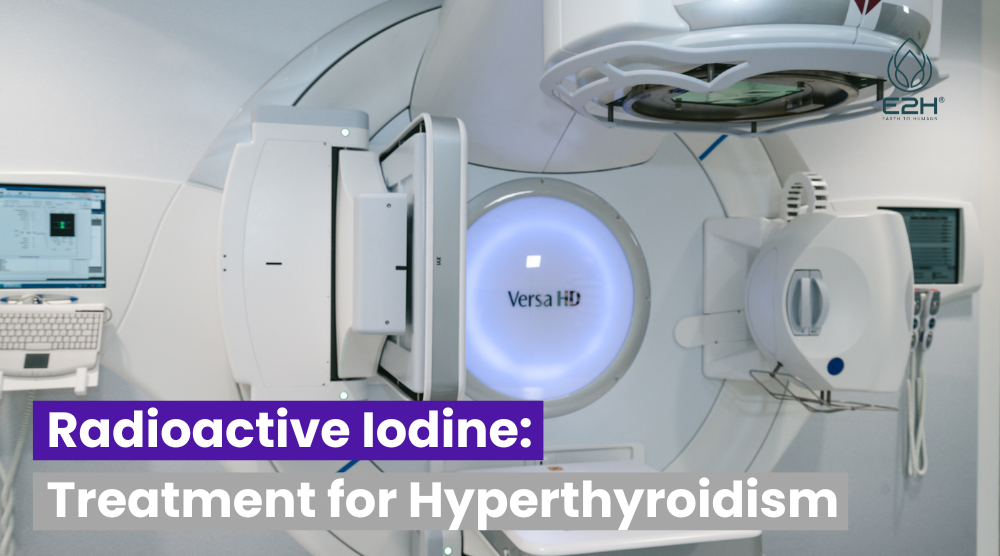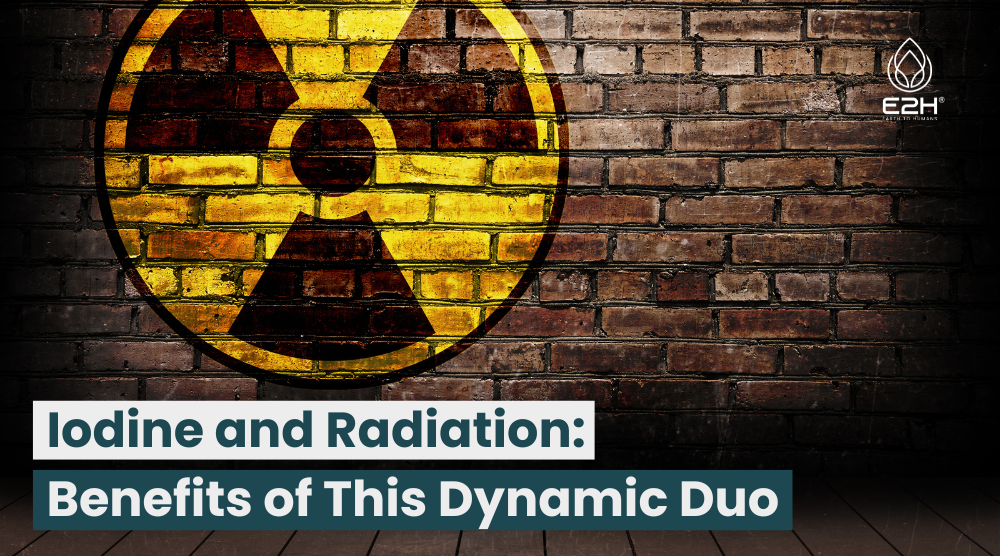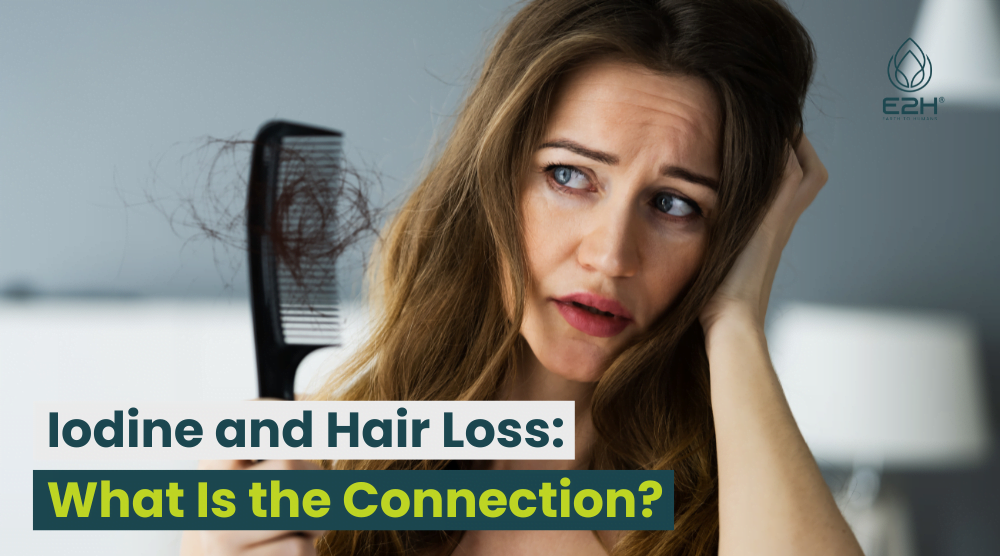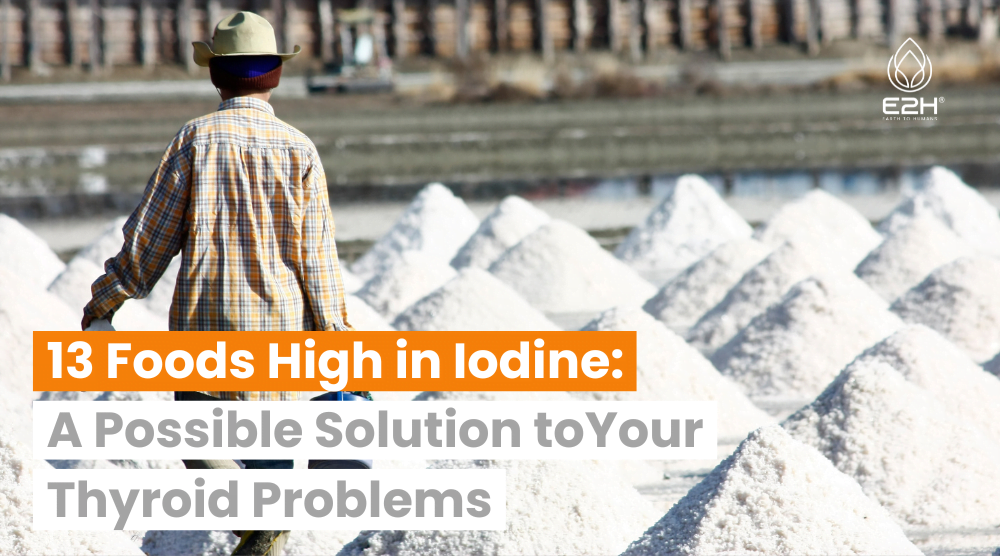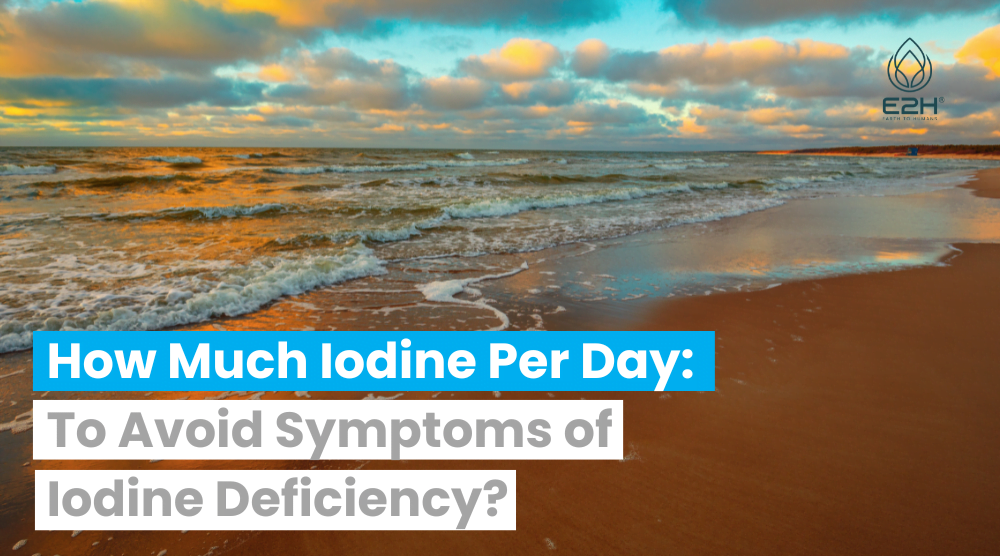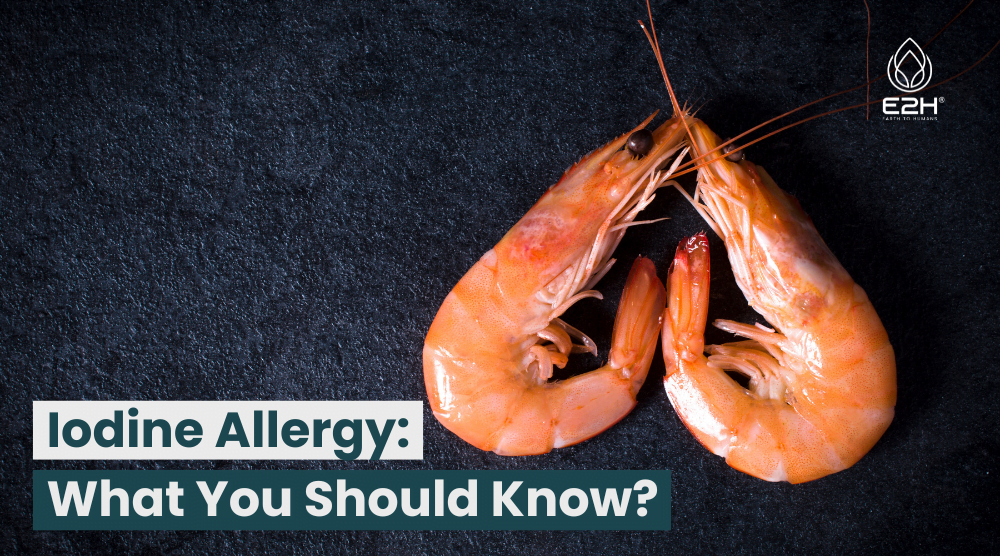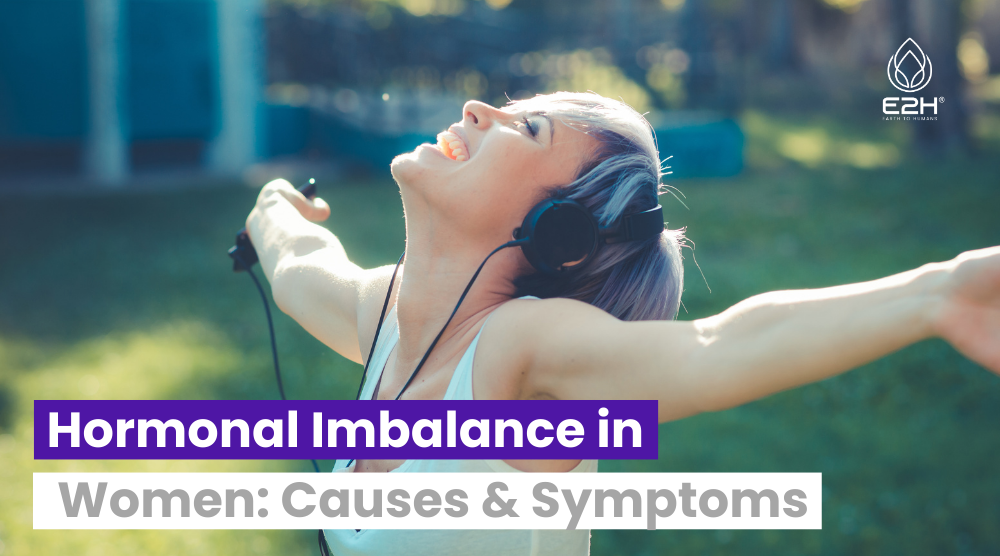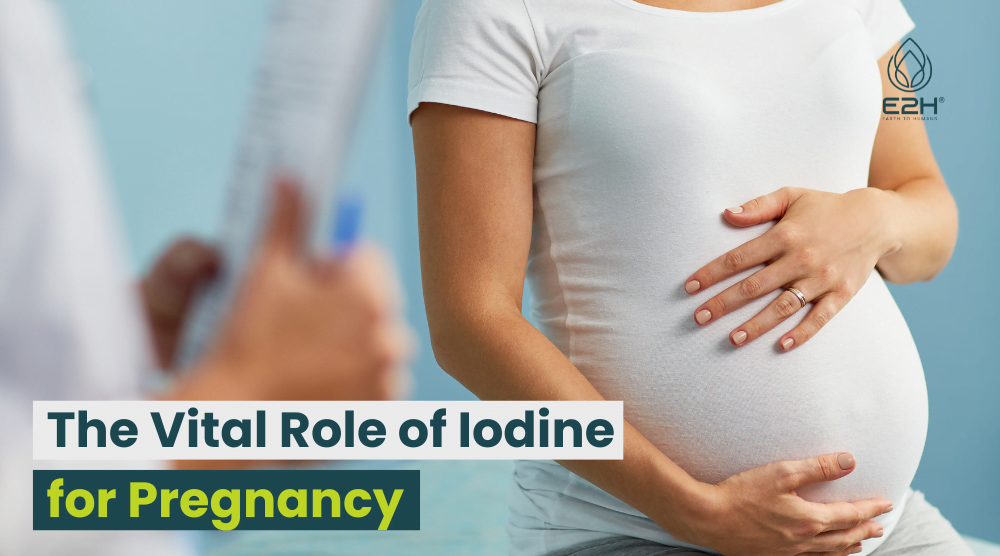Radioactive iodine treatment for hyperthyroidism is a standard and effective procedure. This treatment involves taking a pill or liquid form of radioactive iodine. Later, it gets absorbed by the thyroid gland and destroys the abnormal thyroid tissue.
Radioactive iodine treatment is generally safe and effective. Still, it can also have side effects, such as temporary hypothyroidism (underactive thyroid) or nausea [1]. Read the article to learn about this phenomenon in detail.
What is hyperthyroidism?
Hyperthyroidism is an overactive thyroid gland. The thyroid gland is present in the lower front of the neck and produces hormones that regulate the body’s metabolism. In hyperthyroidism, the thyroid gland produces excessive hormones. This can lead to several symptoms, including thyroid nodules, weight loss, irritability, anxiety, and difficulty sleeping. [2]
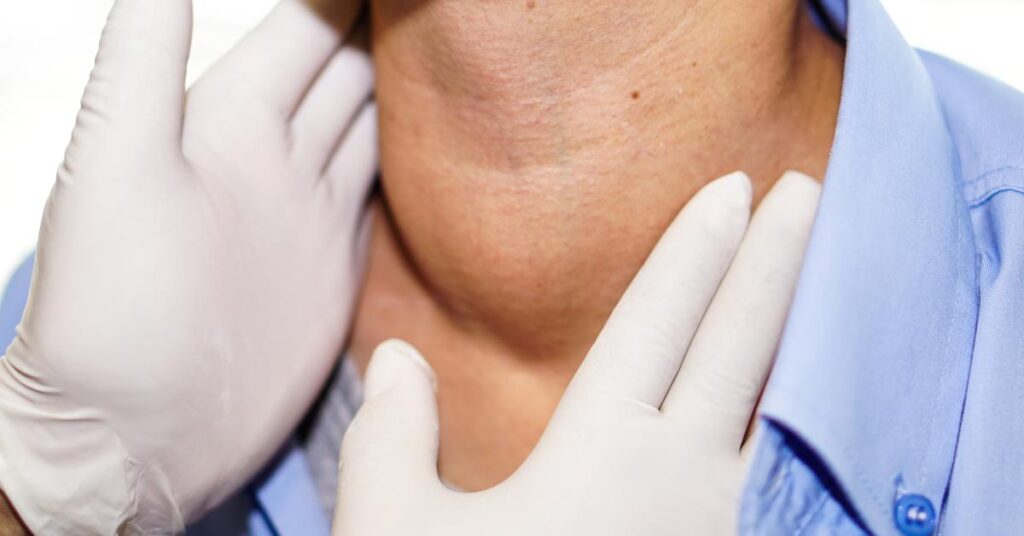
How is hyperthyroidism diagnosed?
There are several ways to diagnose hyperthyroidism, but a blood test is the most common and definitive way. This test measures the thyroid hormone levels in your blood and can confirm whether or not you have an overactive thyroid. Besides this, other diagnostic tests include a physical exam, ultrasound, and scan of the thyroid gland. If you have any symptoms of hyperthyroidism, your doctor will likely order one or more of these tests to confirm the diagnosis.
What are the treatment options?
Here are the primary treatment options for hyperthyroidism:
Anti-thyroid drugs for hyperthyroidism.
Anti-thyroid drugs are the most popular type of treatment for hyperthyroidism. These anti-thyroid medication work by inhibiting the production of thyroid hormones in the body. Propylthiouracil (PTU) and methimazole (Tapazole) are the most common anti-thyroid drugs. [3] These drugs are usually taken orally, once or twice a day. The dose and length of treatment will depend on the severity of your condition and how well you respond to the medication. You will most likely need to take these drugs for several months to a year.
Radioactive iodine treatment for hyperthyroidism.
In some cases, anti-thyroid drugs may not be enough to control your symptoms. Your doctor may recommend radioactive iodine therapy as an adjunctive treatment. RAI works by destroying the thyroid cells that are producing too much thyroid hormone. [4] The destroyed cells are gradually replaced by new, healthy thyroid cells. RAI is usually given as a single dose [370MBq], and the effects of the treatment can take several months to develop fully. [4]
RAI is generally safe, but there is a small risk of side effects, including:
- Thyroid cancer
- Swelling of the salivary glands
- Harm to pregnancy and breastfeeding mothers
Therefore, you should avoid too much iodine during this treatment process.
Thyroid surgery for hyperthyroidism.
If you have hyperthyroidism, your doctor may recommend surgery to remove your thyroid gland. This is called a thyroidectomy. Surgery is usually only recommended if you can’t tolerate anti-thyroid medications or if a cancerous thyroid disease causes your hyperthyroidism.
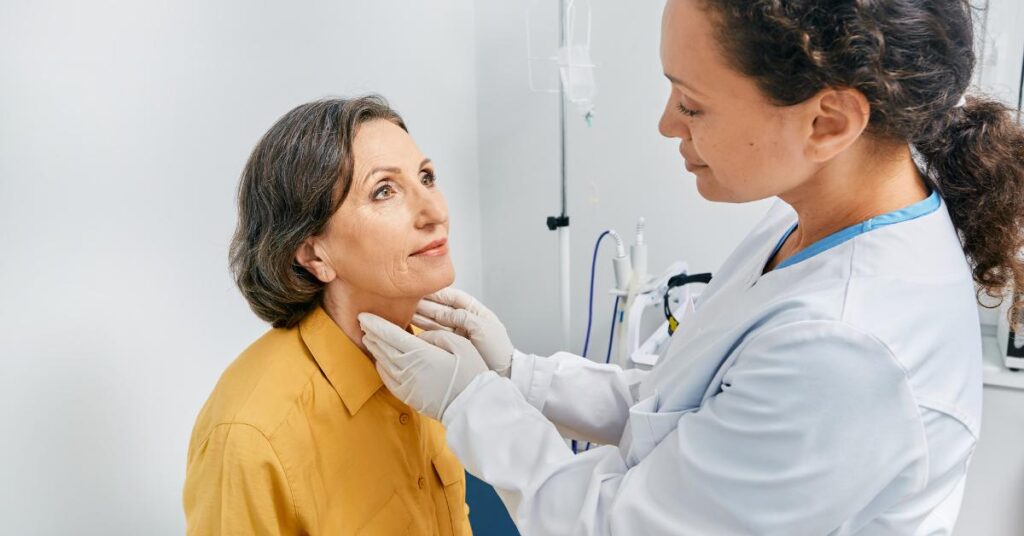
During a thyroidectomy, the surgeon will make an incision in your neck and remove your entire thyroid gland. In some cases, only part of the gland needs to be removed. The surgeon will then send the tissue to a lab to be checked for cancer.
How iodine and hyperthyroidism are related?
Radioactive iodine, also called radio-iodine, is a treatment for hyperthyroidism. It works by destroying the thyroid gland. This treatment is also called radioactive iodine ablation. Radioactive iodine is taken as a capsule or liquid. The thyroid gland absorbs the radioactive iodine and damages the cells that produce excess thyroid hormone. Radioactive iodine treatment is usually effective in treating hyperthyroidism and has no major side effects.
Precaution: After you take radioactive iodine, you’ll need to limit your contact with other people for a few days. This is because the radiation can be passed on to others. But, the risk of this transmission is too minor.
Your doctor will probably give you a thyroid hormone pill after the treatment. This is because your thyroid gland can no longer make enough thyroid hormone.
FAQs
What is radioactive iodine treatment for hyperthyroidism?
Radioactive iodine treatment involves the administration of radioactive iodine in a controlled dose. The iodine is taken up by the overactive thyroid cells, which are then destroyed by the radiation, helping to reduce or normalize thyroid function.
How is radioactive iodine treatment administered?
Radioactive iodine treatment is typically given orally in the form of a pill or liquid. Once ingested, the radioactive iodine is absorbed into the bloodstream and taken up by the thyroid gland, specifically targeting and destroying the overactive thyroid cells.
What are the potential side effects or precautions associated with radioactive iodine treatment?
Common side effects may include temporary neck pain or swelling, dry mouth, changes in taste or smell, and fatigue. Precautions include avoiding close contact with others, especially pregnant women, for a certain period due to the radioactivity. Your healthcare provider will provide specific instructions and precautions tailored to your individual situation.
Conclusion
In conclusion, radioactive iodine treatment provides an effective and targeted approach to manage hyperthyroidism. By destroying overactive thyroid cells, it helps restore normal thyroid function. While potential side effects and precautions exist, this treatment offers significant benefits for individuals seeking to regain control over their thyroid health and improve their overall well-being. Consultation with a healthcare provider is essential to determine if this treatment is suitable for your specific condition.
References
1. Wan Mohamed, W. M. I., Sayuti, S. C., & Draman, N. (2018, July 18). Hypothyroidism and its associated factors after radioactive iodine therapy among patients with hyperthyroidism in the Northeast Coast State of Malaysia. Journal of Taibah University Medical Sciences. Retrieved October 15, 2022, from https://www.ncbi.nlm.nih.gov/pmc/articles/PMC6694960/#:~:text=Another%20study%20reported%20that%2067.9,administration%20of%20a%20second%20dose.
2. De Leo, S., Lee, S. Y., & Braverman, L. E. (2016, August 27). Hyperthyroidism. Lancet (London, England). Retrieved October 15, 2022, from https://www.ncbi.nlm.nih.gov/pmc/articles/PMC5014602/#:~:text=Signs%20and%20symptoms%20due%20to,intolerance%2C%20sweating%2C%20and%20polydipsia.
3. Abdi, H., Amouzegar, A., & Azizi, F. (2019). Anti-thyroid drugs. Iranian journal of pharmaceutical research: IJPR. Retrieved October 15, 2022, from https://www.ncbi.nlm.nih.gov/pmc/articles/PMC7393052/
4. Mumtaz, M., Lin, L. S., Hui, K. C., & Mohd Khir, A. S. (2009, January). Radioiodine I-131 for the therapy of Graves’ disease. The Malaysian journal of medical sciences: MJMS. Retrieved October 15, 2022, from https://www.ncbi.nlm.nih.gov/pmc/articles/PMC3336179/
